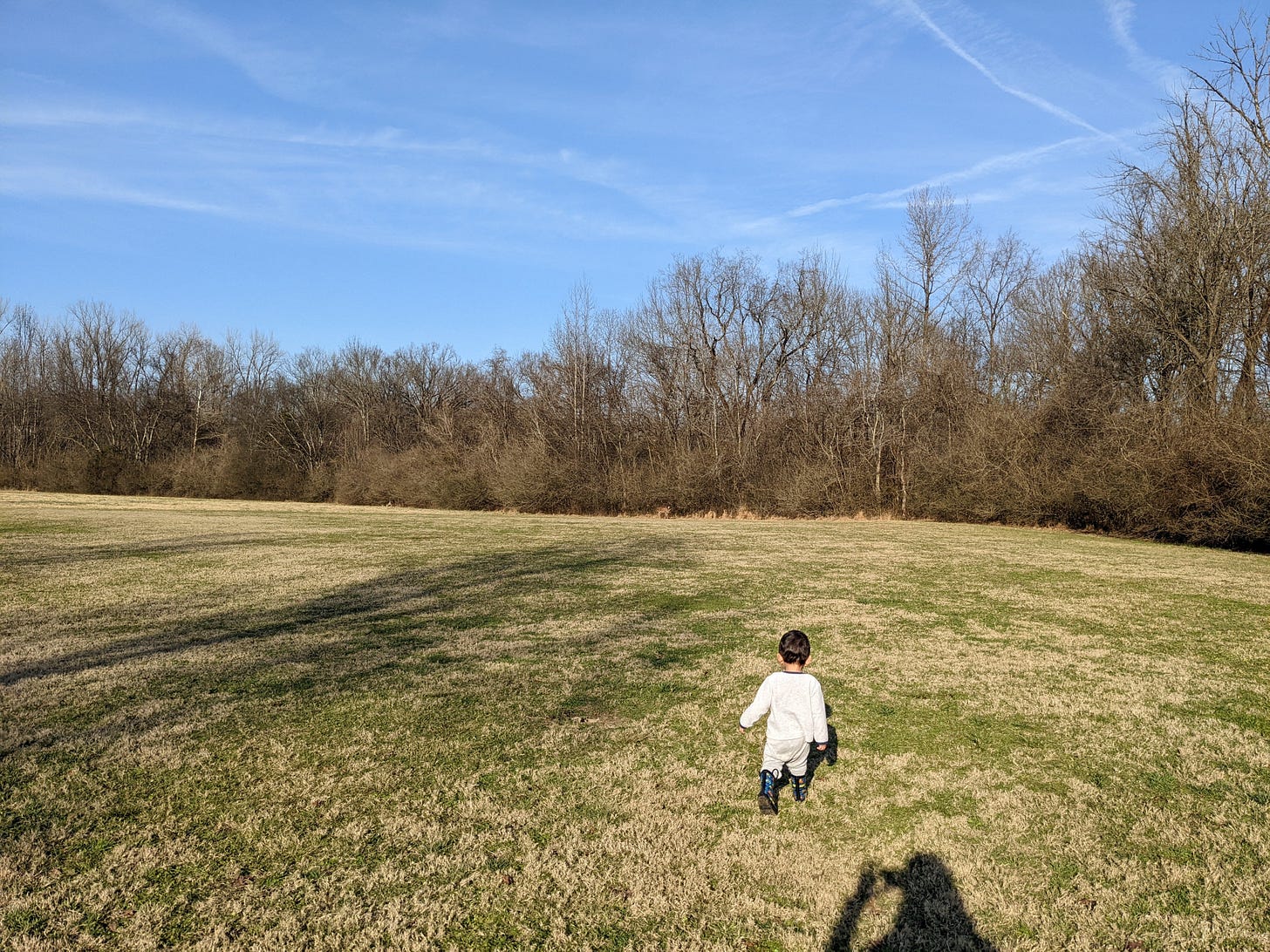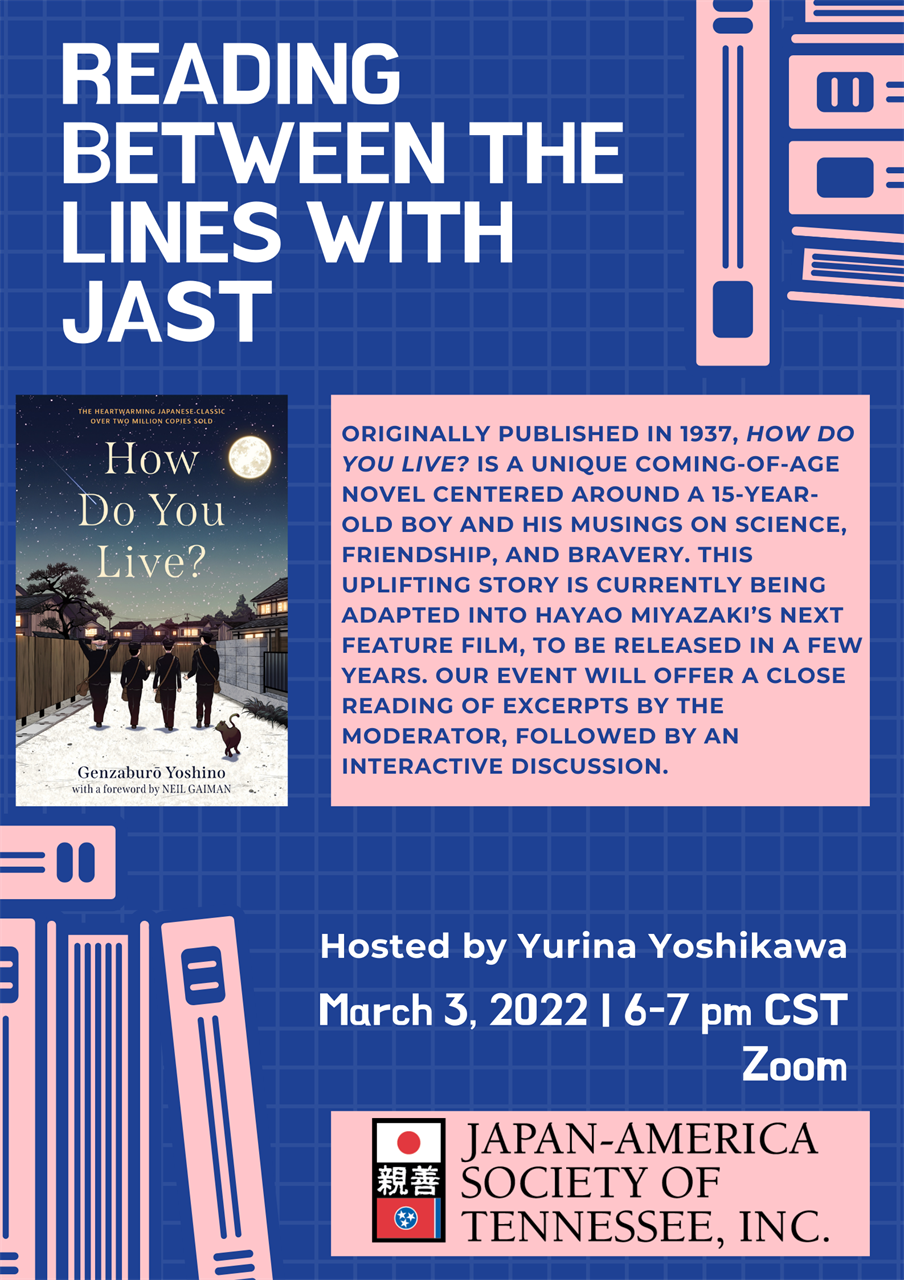Ever since December, my day-to-day life has been full of interruptions.
The Omicron variant had a lot to do with it, since it led to multiple daycare closures and quarantine periods. Jin says that a lot of his depositions, meetings, and court dates keep getting rescheduled. The weeks where we have solid childcare are like miracles. I’ve been choosier about the things I say yes to, whether it’s writing gigs, virtual events, or even social hangs with friends and neighbors. I’ve never been much of a meal planner, but the meals I do prepare are more haphazardly put together than they’ve ever been. My go-to’s are white rice, miso soup, and scrambled eggs. Sleep has been minimal. The almost-2-year-old is teething (again). He accidentally cut his finger by getting it stuck in the shower drain last night, and I stayed up, helplessly watching him on the baby monitor, making sure he didn’t fiddle too much with the band-aid. The almost-4-year-old wakes up once a night to find me and Jin in the living room, each of us scrolling through our phones. Rubbing his eyes, he says, “I don’t want to dream by myself.”
I keep telling myself we are living in extraordinary circumstances, and that this feeling of chaos is temporary. Our children are about 2 and 4, which other parents have said is a particularly difficult combination. It’ll get easier. A part of me knows that, but there’s another part that feels like I’m stuck in a cycle of days stumbling forward without them ever going the way I thought they would.
I find myself sighing a lot these days. I wish I could handle things better.
It feels absurd to have ambitions with life being the way it is, but I have a goal of completing a first draft of a novel by the beginning of April. It’s a project I’ve been working on, on and off, for the last several years. Unlike most pieces I’ve written, I’m writing this without any sense of plot, arc, conflict, or outline. I’m not sure which came first: the circumstances forcing me to write in plotless fragments, or my attraction to other plotless novels (like those of Rachel Cusk, Ayad Akhtar, and Sheila Heti) coinciding with my irregular schedule. Weirdly enough, I’ve written more pages with more speed in this way, maybe because I’m inevitably bound to the little free time I have left to actually write. I have no idea if any of the pages are any good. But again, I have no time to worry about that.
In times like these, I’m reminded of the words of playwright Sarah Ruhl, who wrote a fantastic book called 100 Essays I Don’t Have Time to Write. In the very first one of these 100 short essays, she writes about interruptions. In the essay itself, she playfully keeps in the gibberish that her children have typed into her document. (“Perhaps that is equally 7. My son just typed 7 on the computer.”)
Ruhl, an intellectual, makes references to Alice Walker and Virginia Woolf, only to be constantly interrupted by her three children while attempting to write this essay on the topic of interruptions.
She admits that before having children, she believed that parenthood meant the end of her writing career. (I remember thinking the same thing.) “There were times when it felt as though my children were annihilating me (truly you have not lived until you have changed one baby’s diaper while another baby quietly vomits on your shin), and finally I came to the thought, All right, then, annihilate me; that other self was a fiction anyhow. And then I could breathe. I could investigate the pauses.”
Ruhl concludes: “Life intruding on writing was, in fact, life… At the end of the day, writing has very little to do with writing, and much to do with life. And life, by definition, is not an intrusion.”
Perhaps, like with most things, this is easier said than done. Breathing and investigating pauses will be on my to-do list today. As long as there are no interruptions…
Speaking of things I’ve said yes to, this Thursday, March 3 at 6:00 p.m. CT, I’ll be hosting the inaugural book club discussion for the Japan-America Society of Tennessee. I’ll share some key excerpts from the novel and moderate a discussion that’s meant to be open and interactive. No pressure to have read the book to participate. My hope is that it might inspire you to read it eventually, and for you to get to know other members of this special nonprofit organization. Register for free here.
A huge thanks to Chapter 16 for republishing my other newsletter post, “Singin’ in the Rain.” Check out the rest of Chapter 16 for more essays by local Tennesseans, book reviews, and other literary content.



